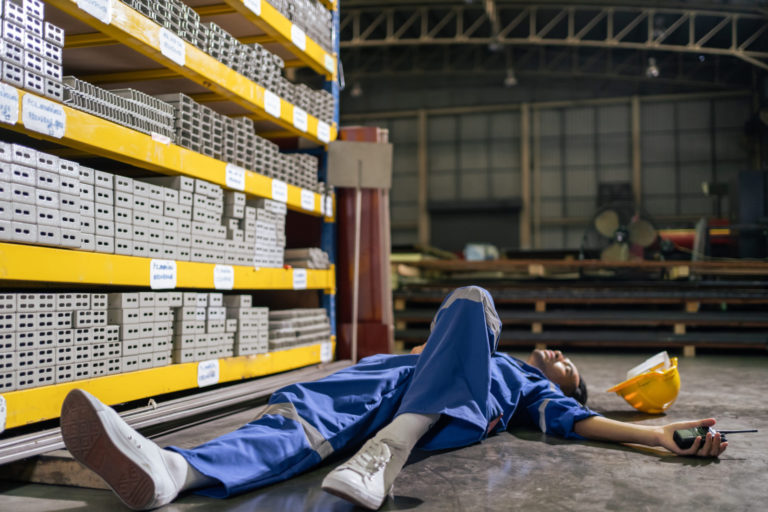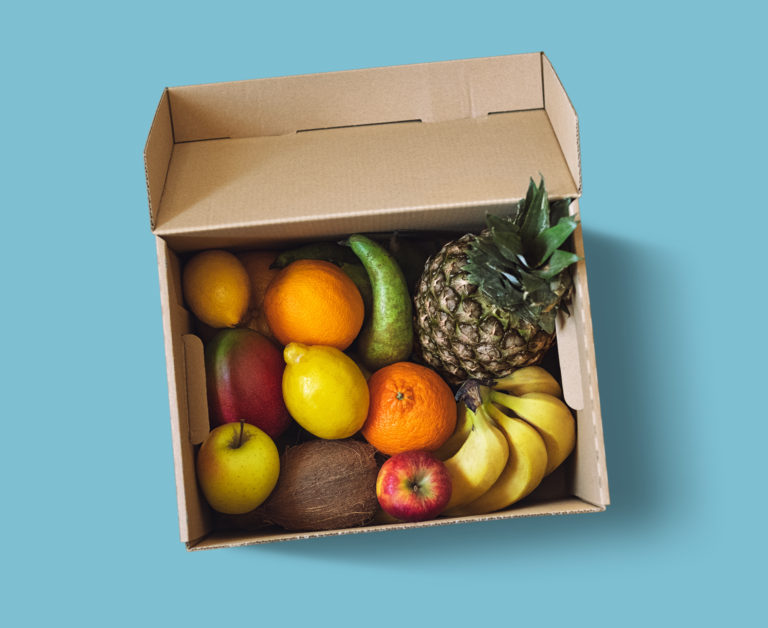Delighting large numbers of people with food can be a really rewarding profession. However, it’s also a business that’s fraught with significant liability and operational risks. If you run a catering business, it’s important to understand what could go wrong, so you can take active steps to prevent them from happening to you.
We break down the 5 worst risks for caterers, and how business owners can protect themselves from them.
#1. Foodborne illnesses
This is probably the biggest liability risk that catering businesses face. Food that isn’t cooked and stored properly may become contaminated with dangerous bacteria, causing sickness or even death in people you serve it to. Employees may forget to wash their hands, or allow raw food to come into contact with cooked food. It only takes one minor mistake to contaminate an entire batch of food – using a knife for raw meat to cut salads, forgetting to clean a kitchen table, leaving cooked food uncovered for long periods of time, forgetting to wash your hands after using the restroom, etc. So many things can easily go wrong and cause cross-contamination in catering kitchens.
Singaporean caterer causes mass food poisoning, man dies:
In 2018, a local restaurant called Spize caused a mass food poisoning outbreak after it had catered food for a corporate client. More than 75 people came down with severe gastroenteritis. One man even suffered organ failure and died. Singaporean authorities swiftly investigated the restaurant. The NEA (National Environment Agency) discovered severe hygiene lapses that caused a widespread salmonella outbreak in both Spize’s food and kitchen facilities. NEA uncovered faecal matter in the bento sets Spize had catered. Salmonella and other bacteria were also discovered throughout Spize’s kitchen: on door handles, fridge handles, and multiple work surfaces. There was no soap in Spize’s employee toilets, which likely contributed to faecal matter passing from workers to the food they were preparing. Workers had also freely mixed cutting boards and knives for raw meat with uncooked food, causing cross-contamination.
#2. Food spoilage
Catering businesses usually have to maintain large inventories of food to meet customer demand. However, having such big stockpiles of produce creates serious risks of food spoilage if something goes wrong. If the fridges and freezers break down, coolant leaks occur, the power trips for extended periods, or other mechanical failures occur, then all this produce would rapidly spoil in our tropical heat.
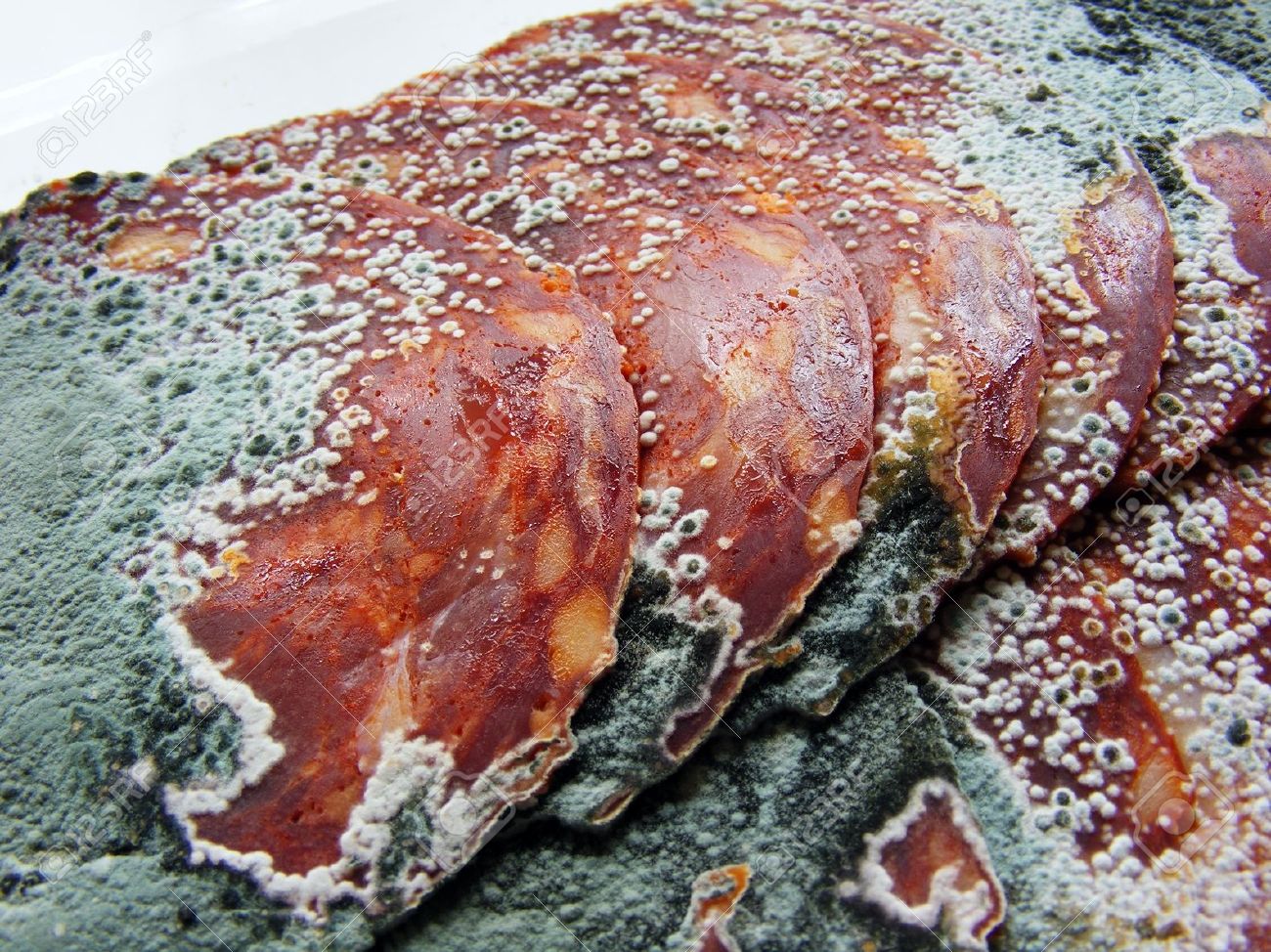
Spoiled produce creates two big adverse impacts to caterers:
- Food poisoning liability: As in point #1, food that isn’t properly refrigerated can quickly become contaminated with dangerous bacteria. Customers who fall sick from consuming your food can hold you liable for medical expenses, and demand legal damages.
- Inventory replacement cost: Spoiled stocks need to be replace.
Many catering businesses operate on slim margins. Labour costs and ingredient prices are high and rising. Having to replace a big amount of spoiled stock can cause a significant cash flow crunch. It’s important to have a Business Package Insurance policy, which will cover replacement costs if your produce or cooked food spoils due to storage equipment breakdowns.
#3. Machinery damage & breakdown
If you operate a central kitchen, you’ll need coverage to protect your expensive kitchen equipment from damage and breakdowns. You’ll want to protect costly industrial equipment like stoves, ovens, hoods, from mechanical failures, power surges, and other damage that could harm your ability to produce food for customers.
Machinery damage or breakdowns levy two significant costs on caterers:
- Repair/replacement cost: Broken machines have to be fixed or replaced entirely.
- Lost income: Broken machines can’t produce food. You might lose some sales if you can’t deliver sufficient quantities of food.
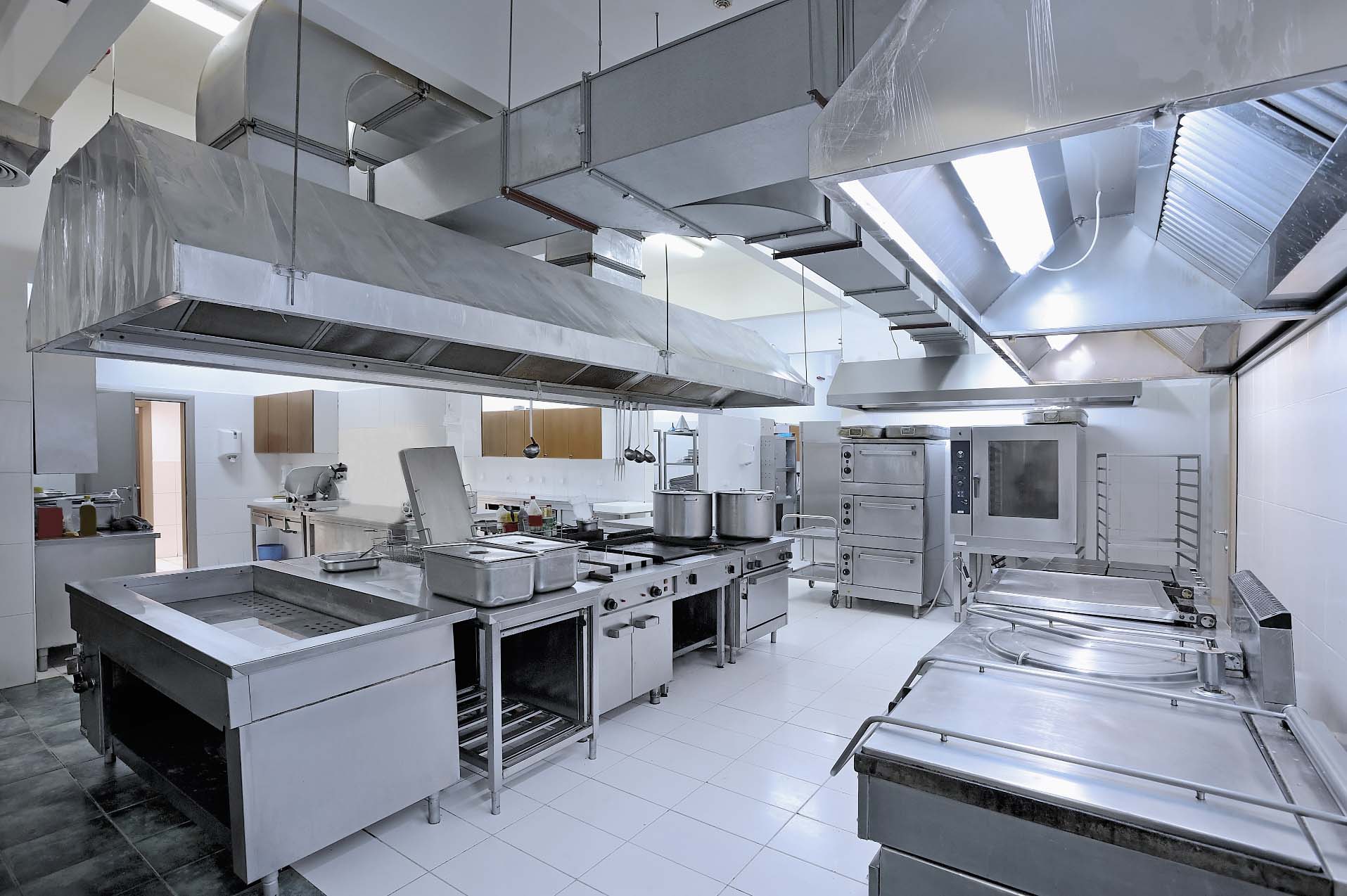
The great thing about Business Package Insurance is that it covers machinery damage and breakdowns (from selected insurers). This means damage to your machines (e.g. from fire or water leaks) will be covered. Business Package Insurance also covers lost income from machine damage/breakdowns, so you’ll get a daily cash payout for each day that you can’t operate your business because of broken kitchen equipment.
#4. Worker accidents
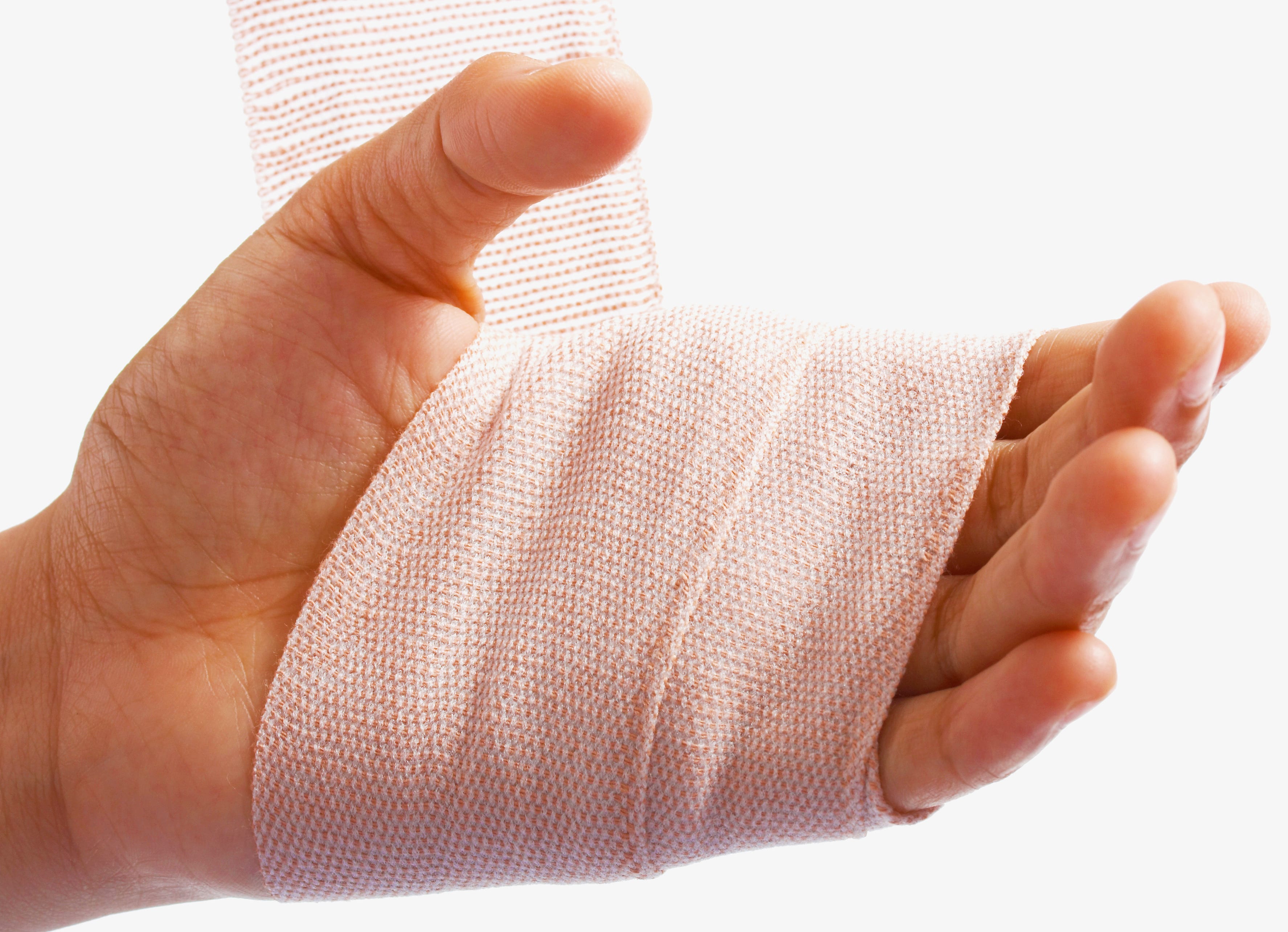
With so many food workers operating in a fast-paced environment filled with hot items and sharp tools, it’s inevitable that accidents will occur. Under the Work Injury Compensation Act (WICA), businesses are legally liable to pay for injured workers’ medical expenses and lost wages.
It is a legal requirement to have Work Injury Compensation Insurance for:
- Manual workers, regardless of salary
- Workers earning less than $1,600/month (salary limit will be raised to $2,100 from 1st April 2020)
Here are some amounts your catering business would have to pay for different worker injuries:
Worker job scope: Kitchen assistant
Injury: Severed thumb (injured while cutting food ingredients)
| What your business must pay for | Amount |
| Lump sum compensation for permanent incapacity | $104,040 |
| Medical expenses | $10,000 |
| Lost wages (2 weeks MC) | $1,000 |
| Total: | $115,040 |
It really is a remarkably staggering cost, isn’t it? More than $100,000 if your worker loses a single thumb – a frighteningly common occurrence especially when you spend 8-12 hours a day chopping stuff non-stop.
Catering staff that commonly need Work Injury Compensation Insurance are: chefs, cooks, kitchen supervisors, kitchen assistants, dishwashers, cleaners, and delivery drivers. It’s also advisable to have Work Injury Compensation Insurance for sales staff, who may get into car accidents if they travel frequently to meet clients.
#5. Business property damage
Fire, explosions, and water leak damage are very real risks that caterers face. A worker could leave the stove on and cause a fire that burns down your kitchen. A malfunctioning oven could explode. Water pipes could leak, damaging your equipment and causing expensive repair costs.
Real-life case 1: 500 evacuated after fire breaks out in Grand Hyatt kitchen
Real-life case 2: Fire breaks out in Paya Lebar bakery, started from oven
There’s a solution for all these risks: insurance policies for caterers.
What insurance policies do caterers need to protect themselves from these risks?
#1. Business Package Insurance: This is an all-in-one policy that covers:
- Food poisoning
- Fire
- Explosions
- Certain kinds of water damage
- Public liability
- Money
Get your instant Business Package Insurance now!
#2. Work Injury Compensation Insurance: This protects you against legal liability for worker injuries. It pays for medical expenses, and legal expenses if you get sued for work-related injuries.
Get your instant Work Injury Compensation Insurance policy now!
With Provide, you’ll save up to 25% on your insurance premiums. Our online operating model creates lower overheads, so we pass every dollar saved back to you. At Provide, we take pride in understanding the unique risks that each industry and business faces, so we can recommend the best solutions to protect you from such risks.

